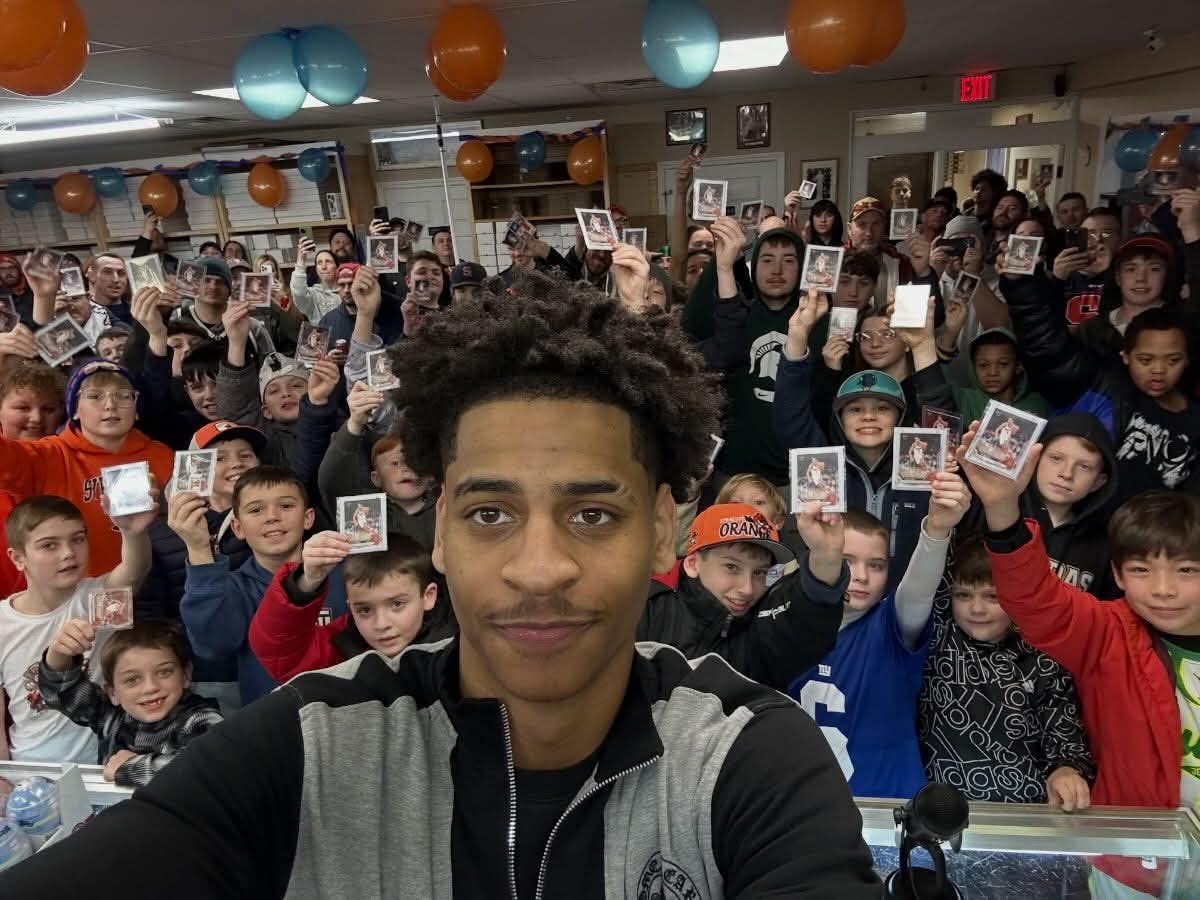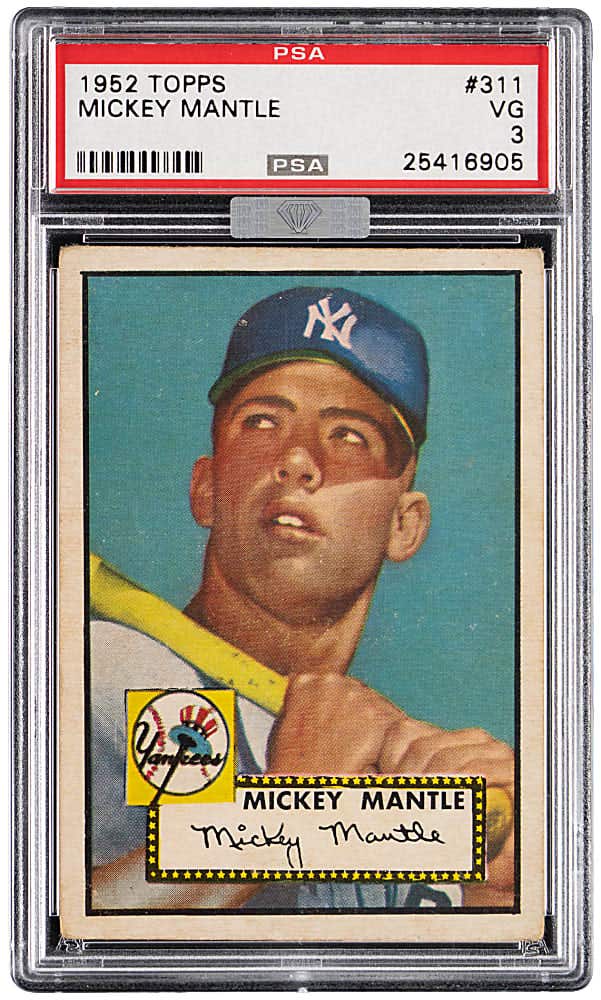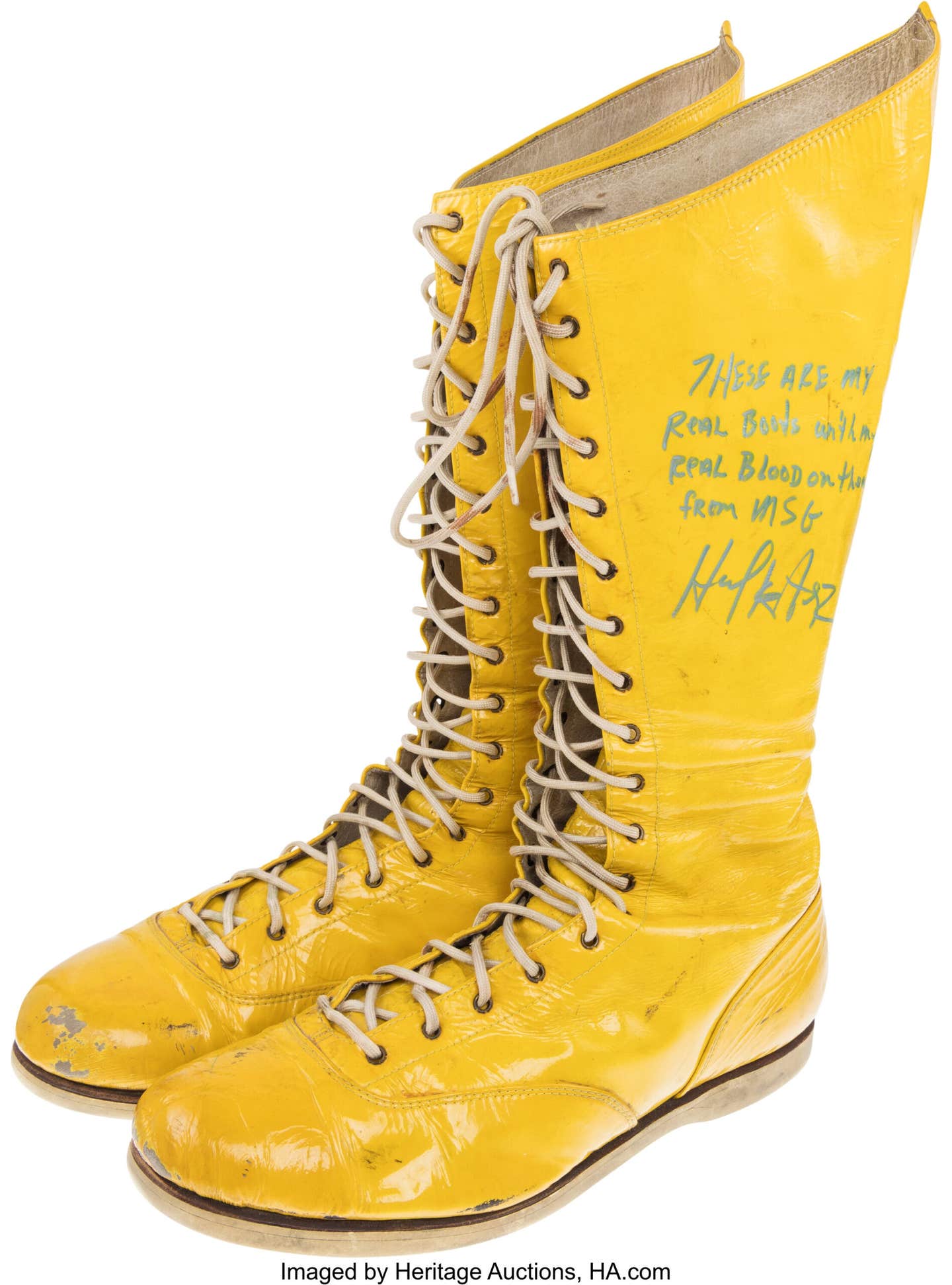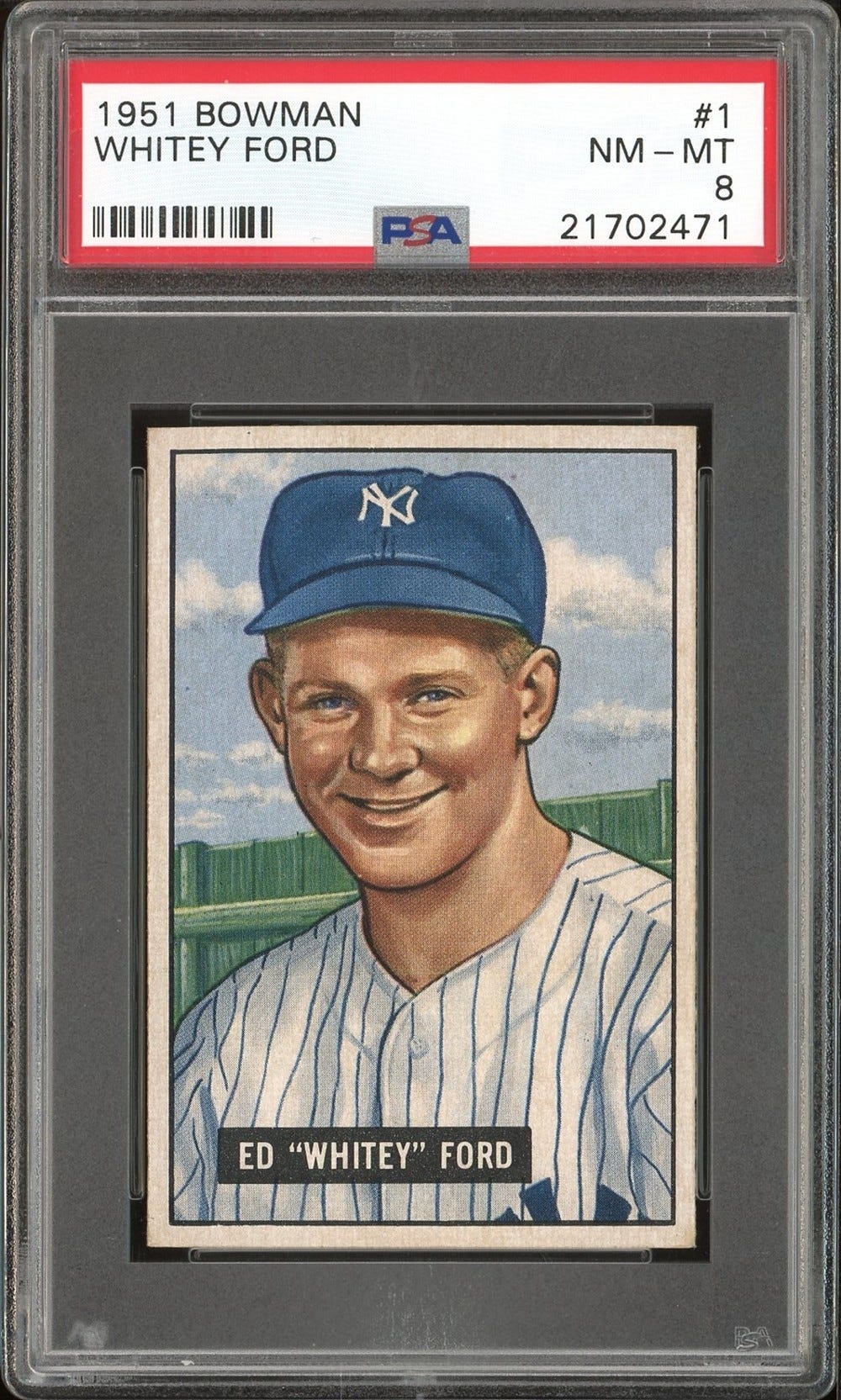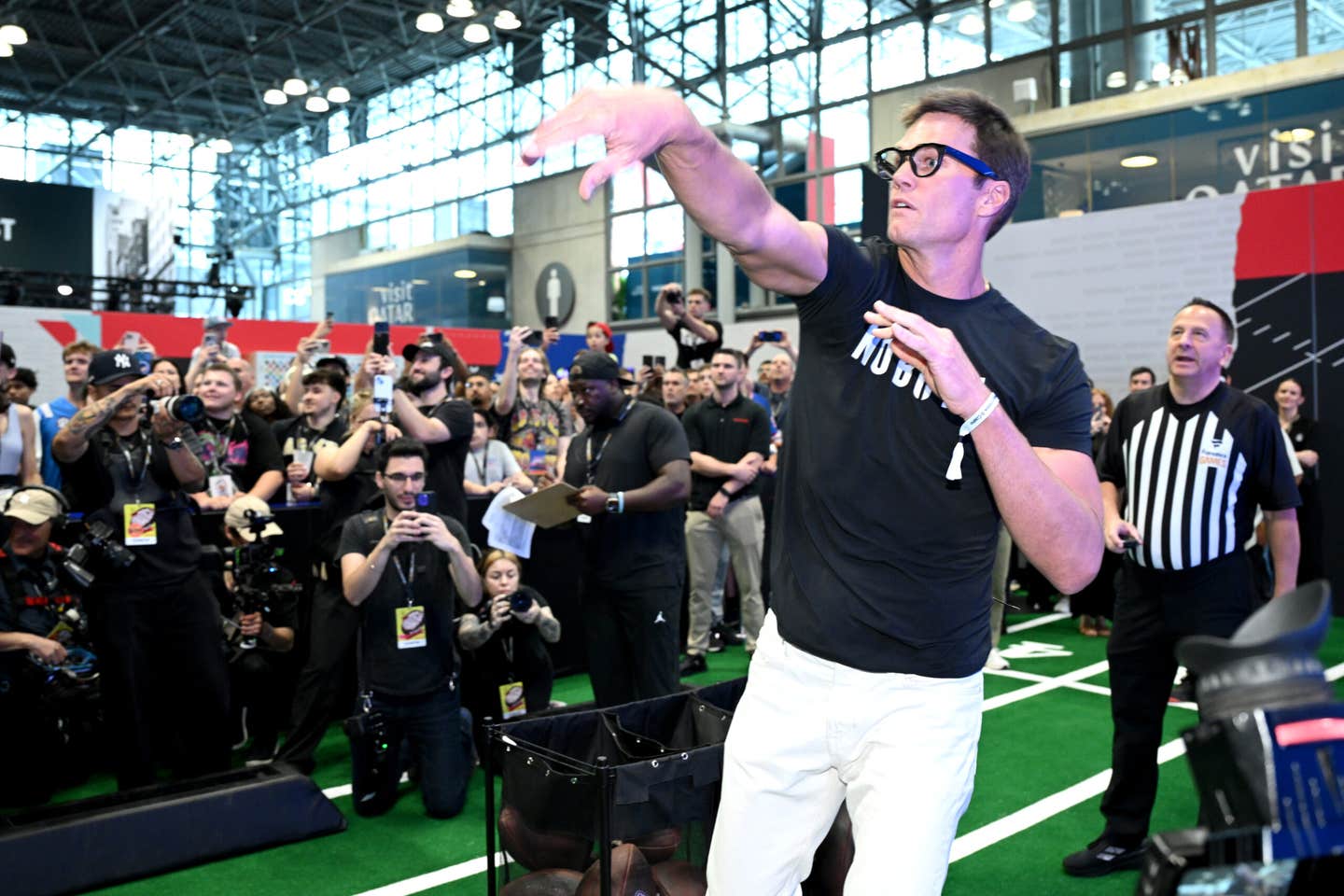News
Hobby veteran’s son loses bout with cancer
Bryan Paynter, who truly was born into the hobby, died Feb. 11 after a three-year battle with bone cancer. He was 21.
Paynter was the son of Bruce and Bonita Paynter, hobby veterans from suburban Chicago and charter members of the National Sports Collectors Hall of Fame. Bruce started collecting in 1974 and was the President of the Chicagoland Sports Collectors Association (CSCA) from 1976-85.
Bruce and Bonita run Windy City Sport Shows, though they stopped promoting card shows in the early-1990s. Still, they were the promoters for the 1983 and 1989 National, both held in Chicago, and have sold their wares at all but two Nationals.
“It’s hard to picture doing what we’ve done for the past, oh, six years without Bryan being a part of the shows, mostly because what we did was buy with a long-term plan for things he’d be doing in the future. Now, sadly, the future has changed pretty drastically,” said Bruce, who still plans to set up this summer at SportsFest and The National, both being held in Chicago.
“We have a ’52 Topps baseball set, and Bryan put so much of his heart and desire into completing and improving it. It’s hard now to even look at that set.”
Bryan played on Glenbrook South High School’s 2003 state championship volleyball team. He also played football and played in the school’s marching band.
He was an Eagle Scout and honor student and, after being accepted to Northwestern University, made the dean’s list at Northwestern’s McCormick School of Engineering and Applied Science. He also was an assistant with the Northwestern football team.
As a freshman at Northwestern, Bryan felt a little tightness in his left arm while playing basketball, Bruce said. The family thought it was a ligament injury or something from weightlifting. But after an MRI, doctors in April 2005 diagnosed him with a form of bone cancer.
“It was described as a serious form of cancer, but the doctors thought they had caught it early enough,” Bruce said. “With his age and his physical fitness level, the doctors thought he’d be able to get through it.”
Bryan then started regular chemotherapy for six months, plus radiation therapy.
“After the first eight months of treatment, things were looking pretty good; there was no sign of it in other places,” Bruce said.
But in January 2007, doctors determined that the cancer had returned in his arm.
He had a stem cell transplant last summer, and ultimately had an artificial elbow implanted, thus ending his brilliant athletic career.
This past November, the arm was not responding and, for whatever reason, Bruce said, doctors said a life-saving recommendation was needed – amputation of his arm, which was done this past December.
The cancer spread rapidly in January, Bruce said, and Bryan was hospitalized in late-January. He never came home.
“Bryan was very popular with old-time collectors,” said Bruce, who noted Alan Rosen, Bob Wilke, and Tom and Anita Daniels among Bryan’s friends and supporters. “Bryan fit in naturally and got along socially with the people from ‘my generation,’ particularly because he truly respected the basic idea of collecting – the authenticity, the building of sets, etc.
“Bryan was very interested in older cards, even when kids his own age were buying current premium cards. Bryan was more interested in cards from the 1950s and 1960s.
“In the last four years, he took over what we were doing to a large extent. He got premium cards graded and just re-organized our entire operation.”
Bruce said his son, had an outstanding eye for grading cards.
“(He also) put together a plan to sell all of the signed photos and balls acquired during 15 years of show promotion,” Bruce said.
Bryan was in the process of building a 1956 set, “partly because that was my favorite set,” Bruce said.
“He had a brilliant future ahead of him. Over the past three years, he never complained. He never complained about having bad luck or anything like that.”



